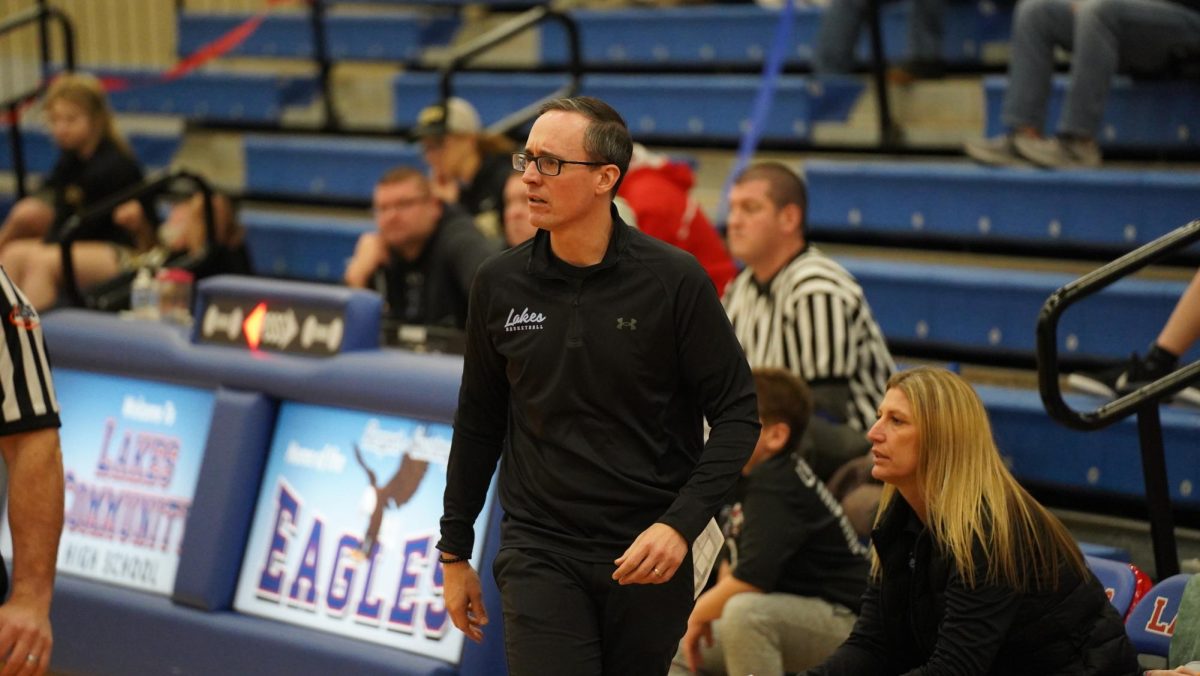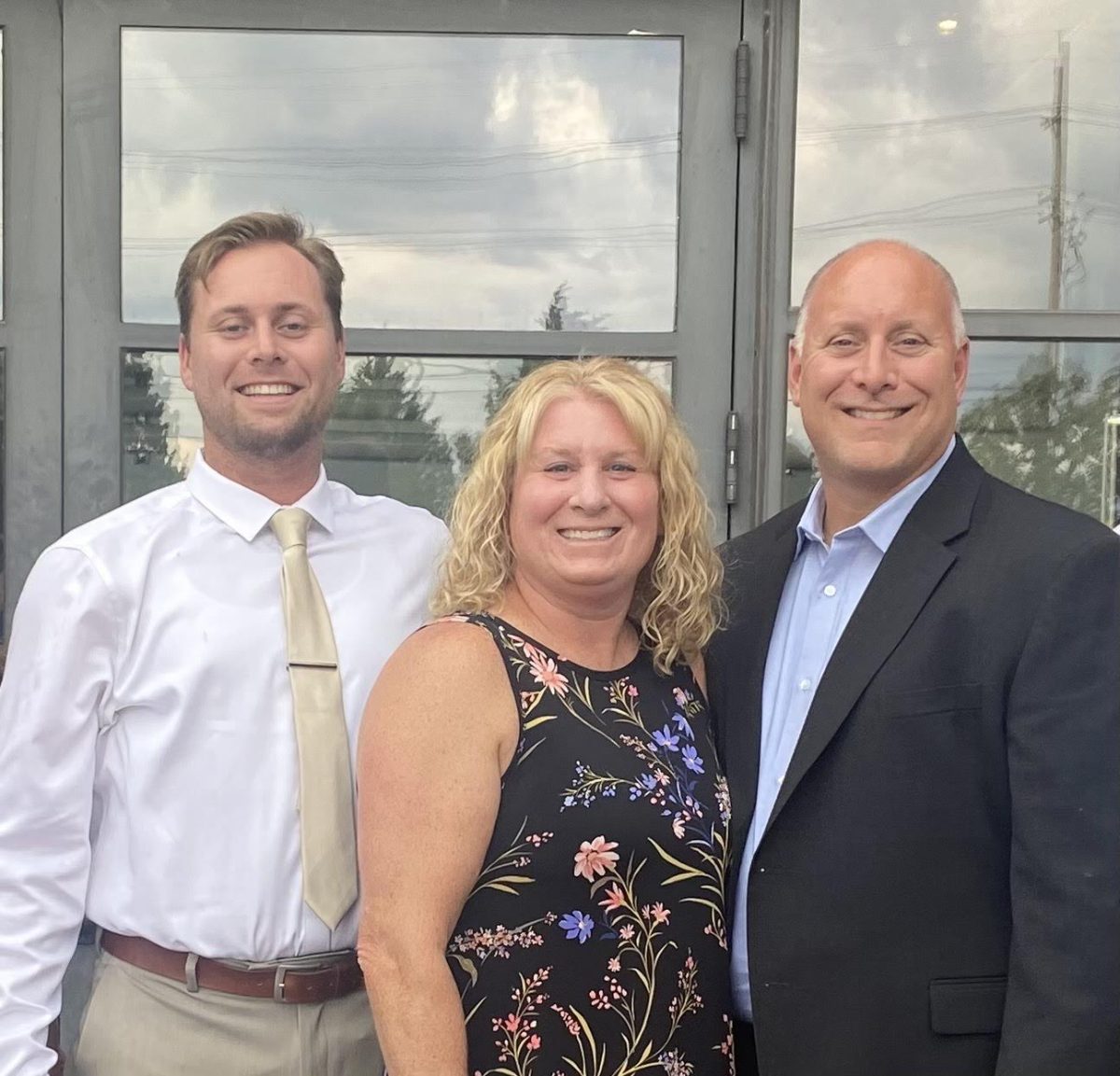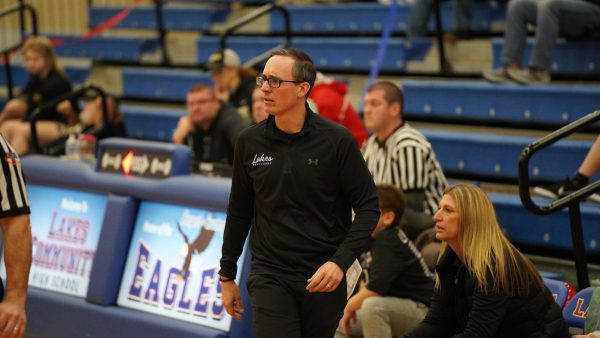The Social Effects of Serial Killer Documentaries
With every human being, lies a side that is instinctually intrigued by the most ravenous parts of humanity. This fact is what enables the fascination with serial killers, even far after their lifetimes. Whether it be documentaries, true crime series, social media pages, books; the consensus remains the same. Something about these disgustingly evil people drives the public to keep them as household names. But, what kind of culture does this cultivate? What are the main social effects of the media shining such a blinding light on serial killers?
The new Netflix series, “ Dahmer-Monster: The Jeffrey Dahmer Story ”, has conjured a lot of criticism in the media. One of the most noteworthy criticisms surrounds the series’ recreation of a victim impact statement given by Rita Isbell, at Jeffery Dahmer’s sentencing in 1992. Insider performed an interview with Isbell, where she revealed that “[she] was never contacted about the show. I feel like Netflix should’ve asked if we mind or how we felt about making it. They didn’t ask me anything. They just did it.” Therefore, Netflix recreated Isabell’s raw and emotional statement, word for word, without informing her. “If I didn’t know any better, I would’ve thought it was me. Her hair was like mine, she had on the same clothes. That’s why it felt like reliving it all over again. It brought back all the emotions I was feeling back then”, Isabell explains.
This is just one example of how the retelling of these true, gut wrenching experiences for public entertainment is so incredibly unethical. It allows for the blatant retraumatization of the victims and their families.
Additionally, the re-story-telling songs of serial killers such as Ted Bundy, John Wayne Gacy, Jeffery Dahmer fuels their own glamorization. But, the terrifying part is that this is exactly what they would have wanted. Scribe.com states that “Many serial killers, like mass shooters, crave fame and attention, they want to be infamous. Even if they die they know people will still be talking about them.” So why should we, as a society, give these vile beings what they wanted in the first place. The fact that there are fan accounts and merchandise praising these people is sickening.
The endless coverage of the killers only fuels the retraumatization of victims and glamorization of the serial killers, cultivating a culture where we can not truly grow and heal as humanity.

















